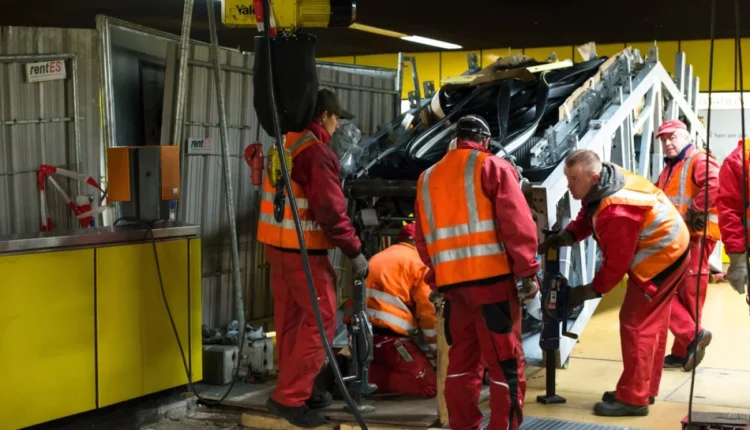Germany’s Looming Worker Shortage Threatens Economic Growth
Labour Shortage bully economic growth in Germany
According to projections from a research institute commissioned by the German government, Germany’s workforce, which currently stands at 47 million, is anticipated to cease its growth soon, if it hasn’t already.
This marks a significant turning point in the country’s economic trajectory, which witnessed remarkable growth and transformed Germany from a war-torn nation to a global manufacturing powerhouse and one of the wealthiest countries worldwide.
The era of successive generations of Germans experiencing improved living standards due to the steady expansion of the workforce is coming to an end.
Germany is facing a critical challenge as its labour force is projected to significantly decline in the coming years, posing a threat to economic growth, escalating inflation pressures, and creating particular difficulties for manufacturing companies.
Without substantial changes, the labour supply is expected to decrease by 3 million individuals, equivalent to a 7% reduction, over the next decade unless there is a substantial influx of migrants to replace retiring Germans.
To maintain a stable workforce, Germany would require approximately 400,000 newcomers annually. Although this target has been achieved at certain periods in the past, previous increases were largely due to the arrival of refugees.
However, following the experiences of recent years, voters are now doubtful about claims that migration can stimulate economic growth. This doubtfulness arises from the fact that only about half of the refugees who arrived during the 2015 wave had secured employment five years later.

